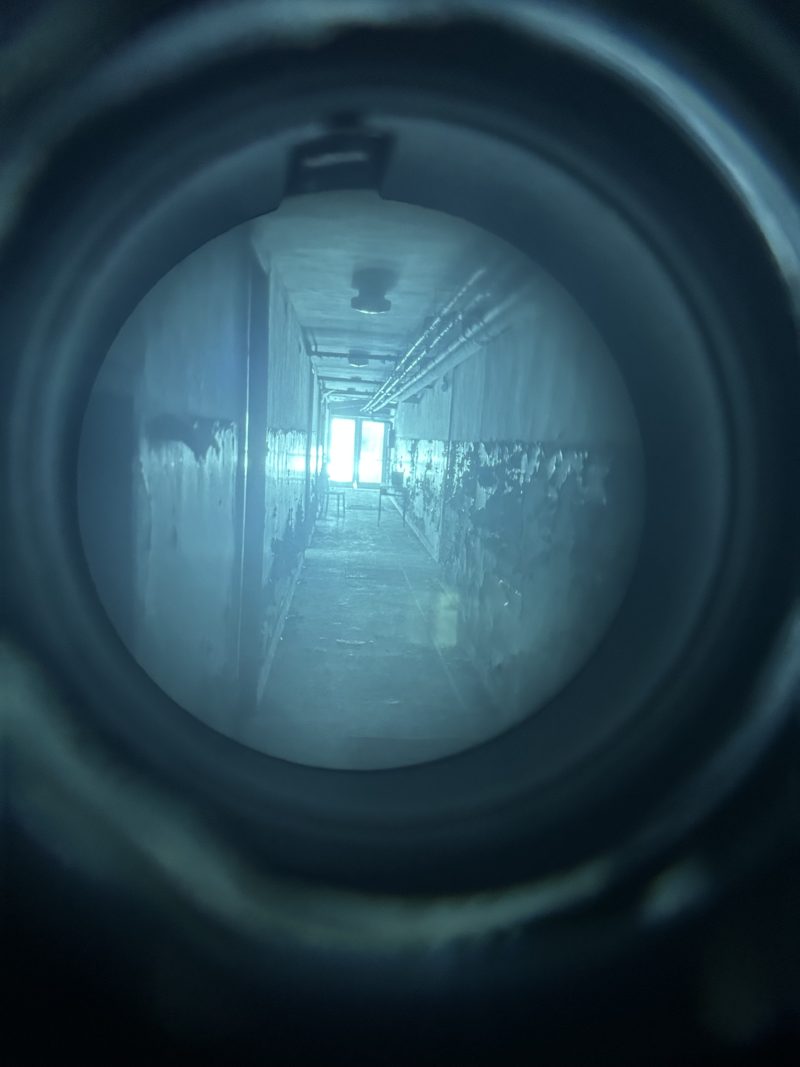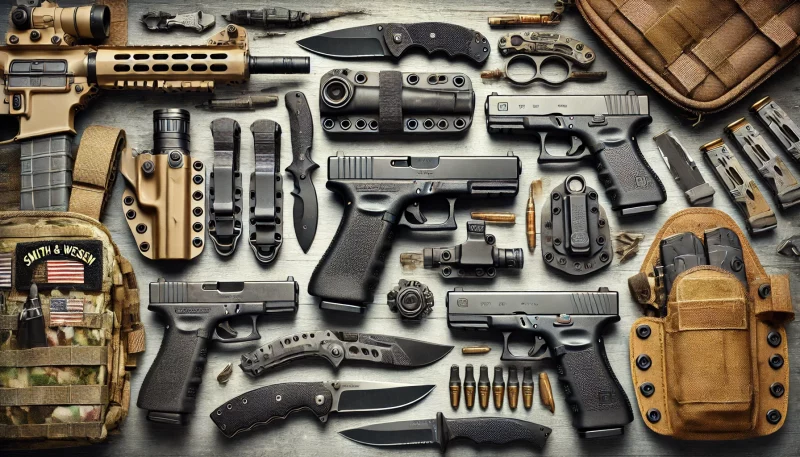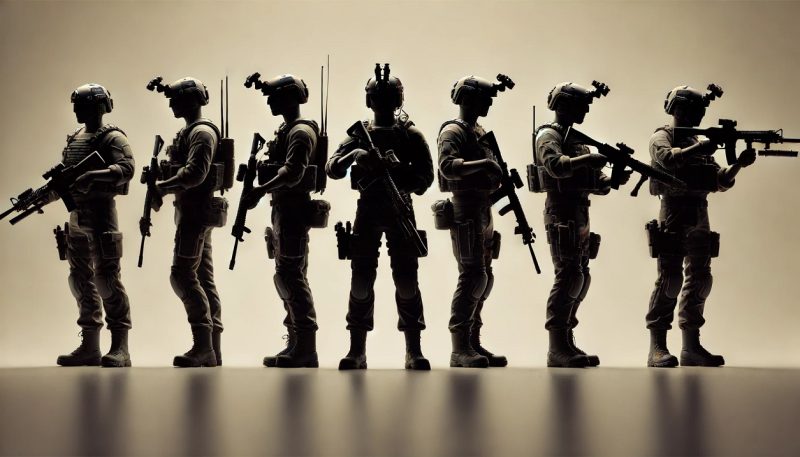Officers are trained to ask simple questions and do little things hard to notice in order to determine whether you’re telling the truth and to gather evidence against you in the event a crime was committed. They’re not just looking for an answer, they’re also observing how you answer the question. They may even ask you the same question multiple times to see if your answer suddenly changes.
The famous Miranda Rights; anything you say will be used against you. Not help prove your innocence, but help to prove your guilt.
The one thing and good example is the behavior of police officers when they pull over the car. Have you ever been pulled over by the police and notice the police officer touch your tail light as they approach your vehicle?
If so, there are a few very basics reasons why the officer may touch/tap the rear tail light on your vehicle. One, the officer may want to tactically distract you. Yes, it’s a tactic police use to stop those in a vehicle from concealing things in their car that may be illegal or to prepare for an attack. A slight tap on the vehicle can distract those in the vehicle and stop them from hiding things from the police.
Officers may also touch your tail light during a traffic stop to leave their fingerprint behind. Prior to cameras in patrol cars, officers would touch the tail light in the event of something happening to the officer during the traffic stop or the pulled car flies away. It was their way of putting themselves there when no one was watching over them for later easier identification of the car. In fact, that means it will have the police officers fingerprints on it so that they can tie the driver of the car back to whatever bad event happened when the police officer pulled them over.
But today, it’s more called as “ancient” tactics and some reports suggest now that some law enforcement agencies discourage their officers from doing this because it could be a distraction for them as they approach a vehicle.






